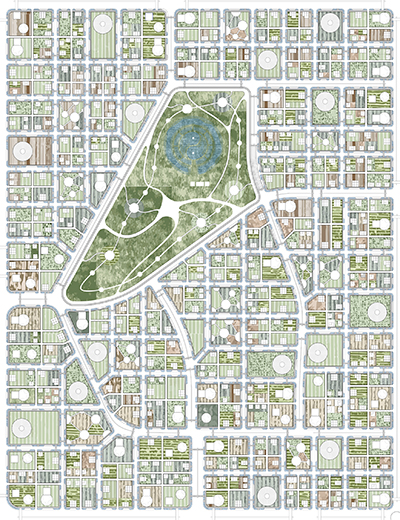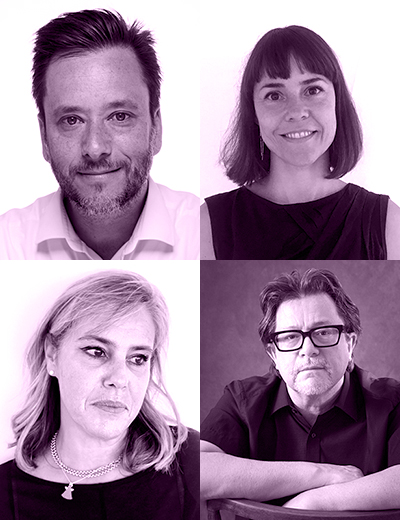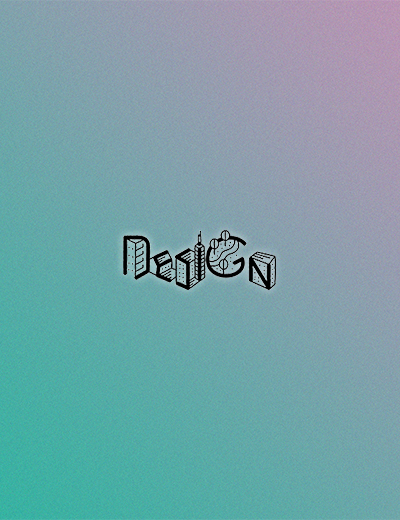“Design for Sustainable Cities” collected hundreds of submissions from students and graduates of art, design, architecture and media disciplines worldwide. The competition aimed to encourage creation of innovative solutions for more sustainable cities. The focus of the competition was the United Nations’ SDG11: Sustainable Cities and Communities.
The international jury that featured designers, architects, academics and experts in the relevant fields scored the projects based on such competition criteria as viability, feasibility and desirability of the design, evidence of a rigorous research process informing the design solution proposed, and its creative value. Successful projects therefore had to answer to the needs and aspirations of its intended audience, have a clear plan of what is needed for its realisation, be sustainable and efficient, very well researched in terms of the problem to be solved, the stakeholders and purpose, and most certainly innovative and out of the box.
The Main Prize of €5,000 was allocated to the project with the highest jury’s score – that is ’Renova’ by Hacer Beril Beden from Politecnico di Milano, Italy. The solution consist in salvaging good conditioned materials through deconstruction and setting up a platform to bring them together with potential buyers, turning waste into resource. This project aims to design a sustainable business model for city regeneration.
The Safe City Prize of €2,000 was allocated to another high-scoring submission by Zhixiang Yang from Shandong University of Art & Design, China – ’Urban renewal design around Qilu Hospital’. The project offers a plan of renovation and redesign for the Qilu Hospital area, guided by the principles of urban renewal and historic protection; micro-introduction of ‘big data’, ‘smart city’ and community management; as well as the ‘sponge city ‘ technology, which can further be employed for solving similar issues elsewhere in the world.
An online vote defined the Public Vote Prize winner of €2,000 is Catalina Mutis Gutiérrez, Universidad de los Andes, Colombia. Catalina is an architecture graduate from Bogota; her Innovation Laboratory projects gathered over 5000 votes. Innovation Laboratory is an urban renovation project which allows experimentation in areas of architecture such as housing, public space and an innovation center in a disused historical block of Bogotá.
The awardee of the Founder’s Choice Prize has been selected by BE OPEN Founder Elena Baturina: €3,000 went to Dharan Koruduvar of CEPT University, India. Dharan is taking a Bachelor course in Urban Design. Sva: A Vision of Self-sustenance pivots on the link between city, food and productive landscapes. Dharan proposes to design and introduce an ‘ideal sector’ for producing food on an everyday basis that deals with waste, water, energy, food on its own, and therefore is sustainable and self-sufficient.
BE OPEN and Cumulus strongly believe that creativity is integral in the shift to sustainable existence, that design has a crucial role to play as an instrument or vehicle for the implementation of the goals.
The objective of the competition was to recognize and promote top design projects developed by the younger creative generation that are able to tackle the tasks set by the United Nations’ SDG Programme; to produce new ideas with the potential for true impact.













